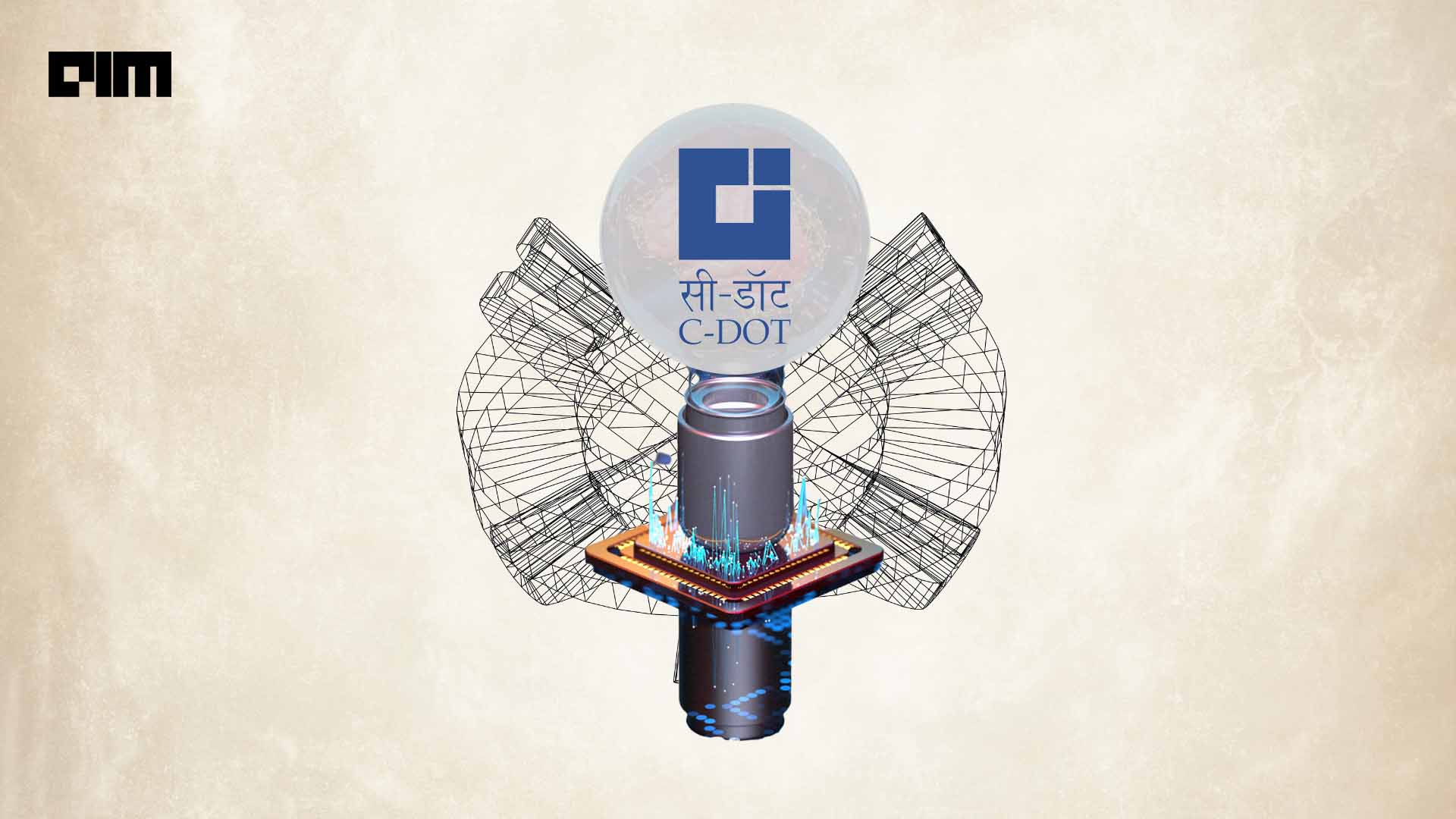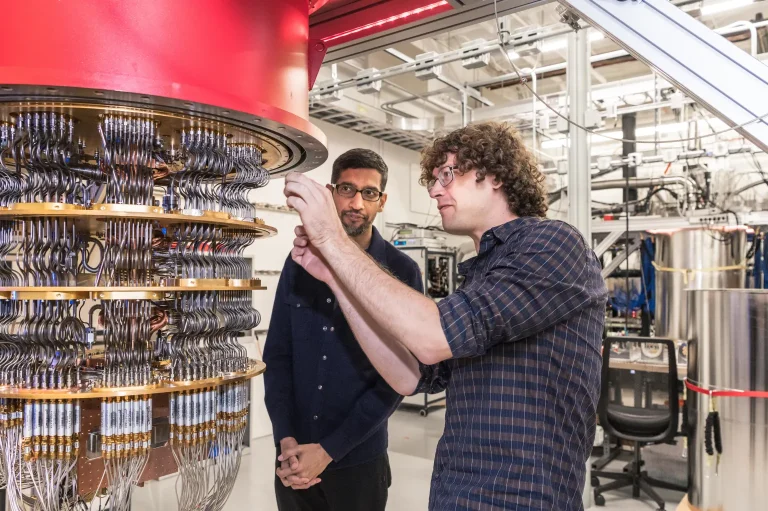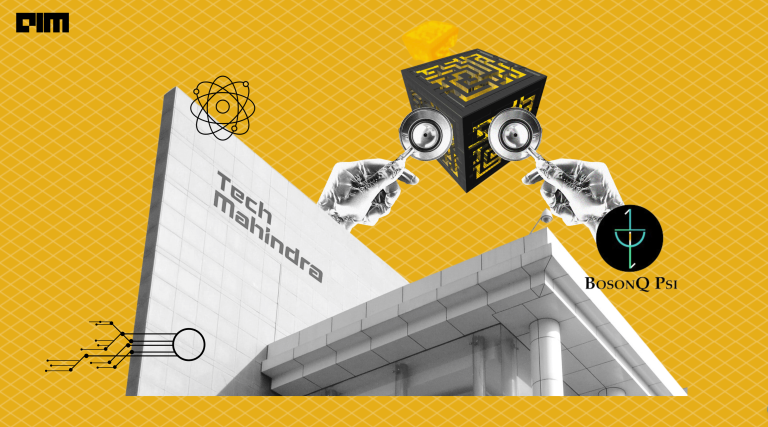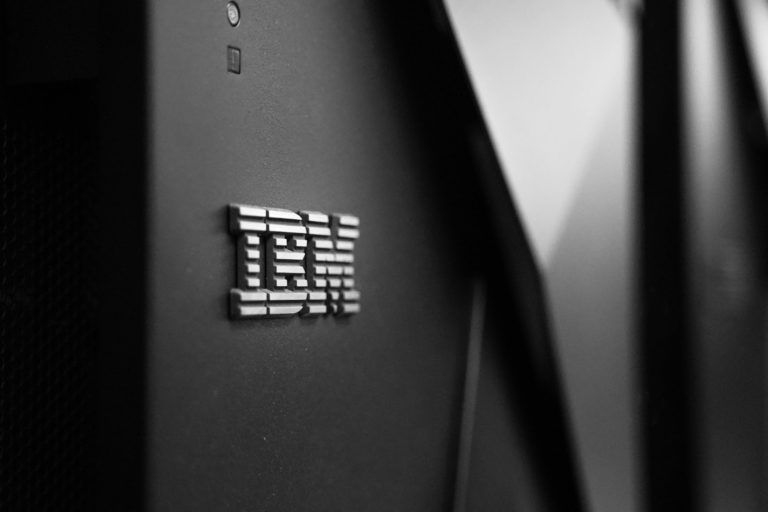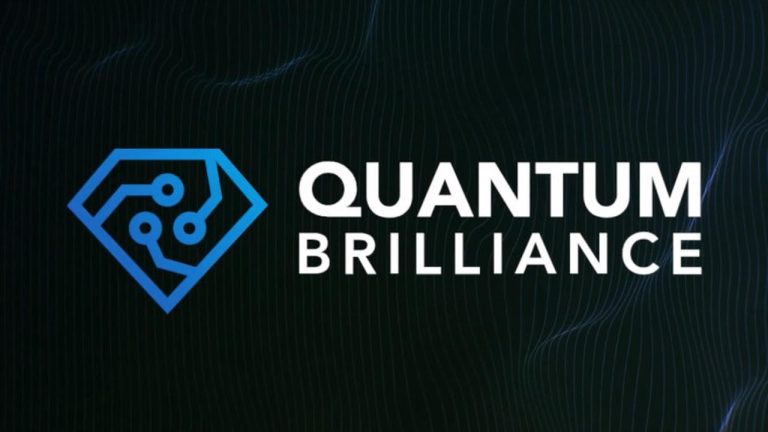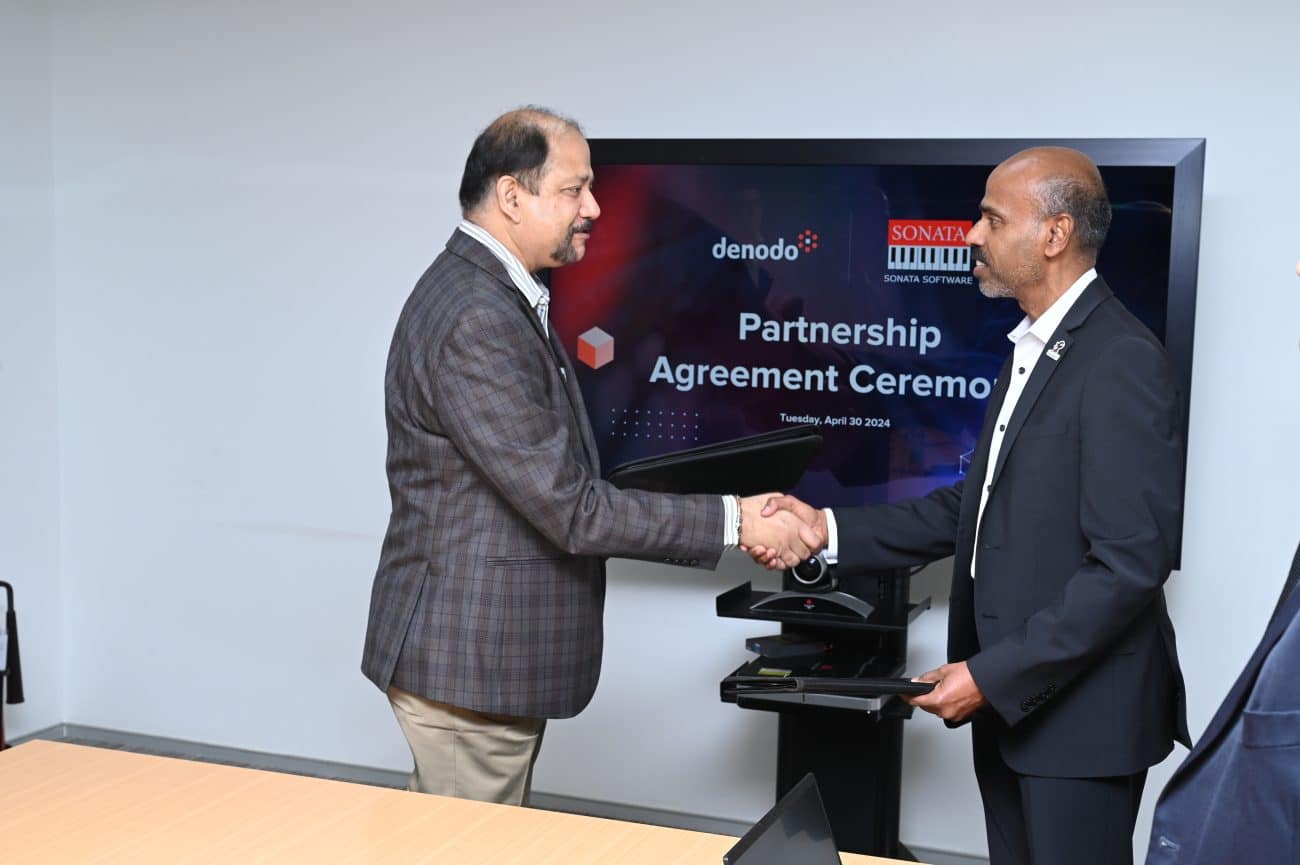|
Listen to this story
|
The clamour around quantum just got another reason to grow louder. India is getting its first quantum computing-based telecom network that will be operational in the national capital. Although still far away from public use, the link opens the doors for testing quantum-based networks in the real world. Developed by C-DoT (Centre for Development of Telematics), the link serves as a proof of concept, validating the system’s ability to function in real-world environments.
While research yields accurate results when conducted under controlled lab conditions (regulating factors like temperature, humidity, and other environmental variables), the deployment of the same research in the actual world presents a distinct set of challenges. The proof-of-concept aims to identify and address these challenges to ensure that the system performs optimally in real-world settings.
According to an official from C-DoT, deploying a system in the field exposes it to air pollutants, causing it to accumulate dirt and demand regular maintenance to prevent overheating. These issues provide valuable insights for designing better systems in the future.
In quantum communication, information is encoded in the properties of individual photons. Here, when someone tries to tap into the system, the property of the photon changes in an irreversible manner. This ensures that you can detect any type of tapping or any attempt to intercept, so the system remains secure. This is in contrast to what happens in present day communication. Today, if two parties are communicating and someone taps into the system to intercept data, it goes undetected most of the time in the current digital systems.
An optical fibre QKD network
“The quantum communication link has 2-3 verticals that researchers are working on, which will ultimately lead to the quantum internet,” says the official from C-DoT.
The quantum internet will look similar to the Internet of Things (IoT) we know today. Similar to the sensors we use today to communicate between devices using the internet, quantum computers and quantum sensors will also be able to simulate reality with much wider applications. The highly-sensitive sensors will be unlocked in meteorology and other areas because of their ability to detect microgravity or, for that matter, any other parameter in a very accurate way.
Of all the verticals that will lead to such a realisation, Quantum Key Distribution (QKD) is the most practical application right now, since others are yet to be implemented due to challenges in technology and components. QKD will create a secure channel by utilising the principles of quantum mechanics to create an unbreakable key between two points. This is to negate the risks posed by quantum computing attacks, which have the potential to be able to break through all the cryptographic methods we currently employ based on public encryption keys.
Read: This Could Bring Our Digital World Crashing Down
There are three different types of QKD. The first is based on high-fidelity optical fibre technology, which allows long-distance communication with a stable 24/7 operation, unaffected by environmental factors. The second type utilises free-space communication and can cover short to moderate distances, typically within the same city, but may encounter turbulence, like say, solar radiations during the day. The third type employs satellite communication, enabling long-distance quantum key distribution over free space, using satellites as relays.
The communication link being established is based on optical fibre technology. Placed at the Sanchar Bhavan and NIC building, two nodes create a link and generate encryption keys utilising quantum mechanical properties. These keys are then employed to encrypt all traffic between the two nodes, ensuring secure communication.
The prize fund
Interestingly, prize money of Rs 10 lakh has been announced for ethical hackers. The C-DoT official said, “If anyone tries to tap into our system and extract the 256-bit key, it will be considered as a successful break.” Through this, they are trying to identify the loopholes in the implementation of the systems – be it in the code, or the associated hardware.
The official said that C-DoT is trying to identify people who have the expertise so they can give access to some channels. For this, people need to bring their own hardware or software and tap into the channel with help from C-DoT. Based on a mutually agreed timeline, which can range from one to two months, they will be asked to sit in their lab and experiment with their system to extract any keys. If successful, they will be rewarded for it.
Furthermore, speaking of what C-DoT plans to do ahead, the official said they are eyeing a mass deployment in QKD and are forcing various government agencies to adopt it. C-DoT is also working on more secure QKD protocols. Currently, they are using the security protocol called DPS (differential-phase-shift) and COW (coherent one-way). But they are working on developing device-independent protocols because of claims of potential attacks on the current protocols.
Final thoughts
Although this is certainly a positive step, it is important to acknowledge that India is still lagging in quantum by years. China, for instance, already launched the world’s first quantum network using satellite communication back in 2016, followed by the completion of a 2,000-kilometre-long optical fibre network for QKD in 2017. Moreover, other countries such as the United States, Japan, Australia, and several European nations have also made significant progress in this area. Therefore, India needs to accelerate its efforts and invest more resources to catch up.


